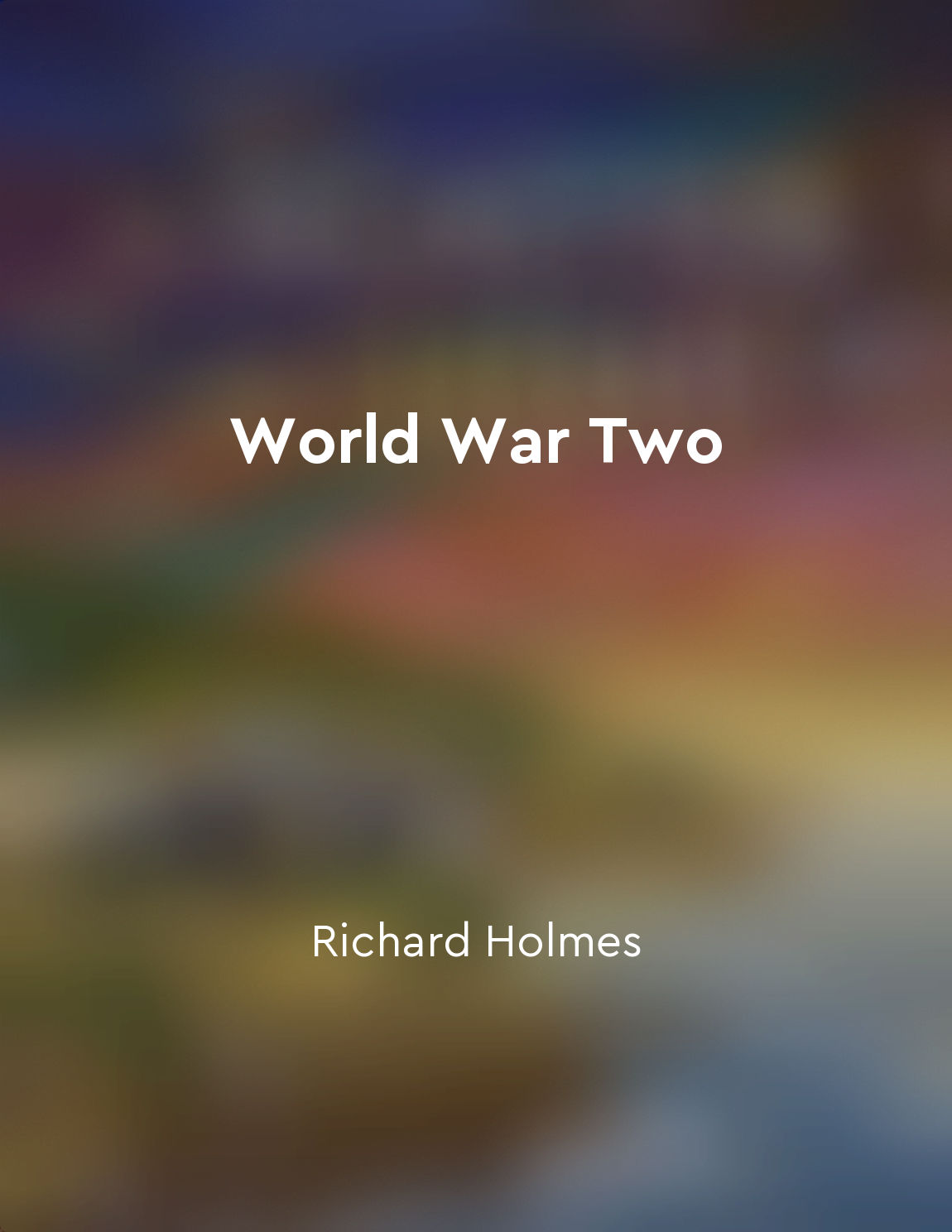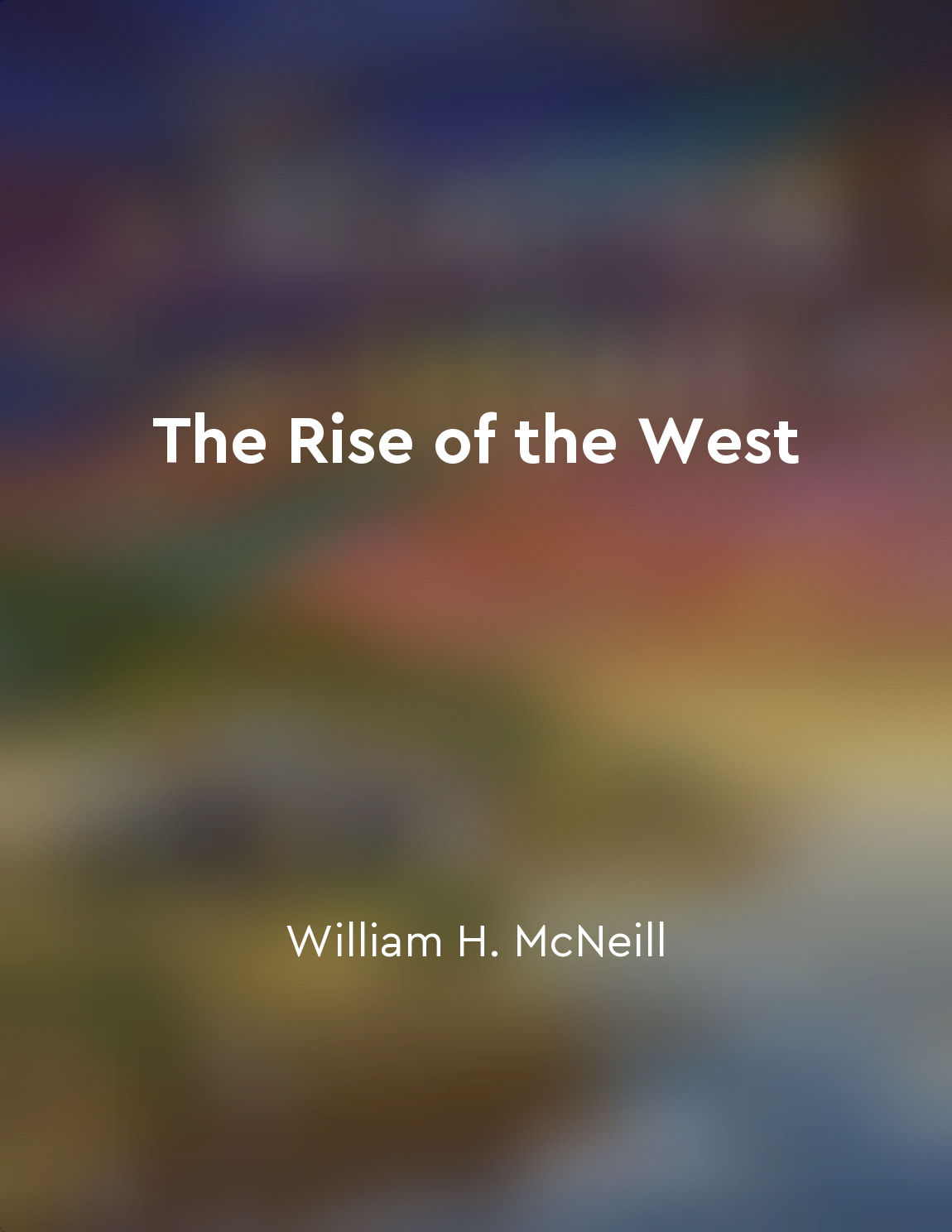Colonial aspirations complicate diplomatic negotiations from "summary" of The Origins of the First World War by Annika Mombauer
The drive for colonial expansion played a significant role in shaping diplomatic negotiations during the prelude to the First World War. European powers were engaged in a race to acquire territories in Africa and Asia, leading to heightened tensions and rivalries among them. This competition for colonies often complicated diplomatic relations and made it difficult for countries to reach agreements on various issues. Colonial aspirations were intertwined with national interests and pride, leading countries to pursue their imperial ambitions with vigor. The desire to expand their empires and assert dominance over other nations fueled a sense of competition and rivalry that spilled over into diplomatic negotiations. As a result, colonial disputes often overshadowed other issues that were being discussed at the negotiating table. Moreover, colonial aspirations were often used as bargaining chips in diplomatic negotiations. Countries would leverage their colonial possessions as a means to gain concessions or advantages in other areas. This further complicated the diplomatic process and made it challenging for agreements to be reached. The conflicting interests and ambitions of colonial powers created a complex web of alliances and rivalries that shaped the diplomatic landscape of the time. Countries were often hesitant to make concessions or compromises on colonial matters, fearing that it would weaken their position or undermine their imperial prestige. In this way, colonial aspirations not only complicated diplomatic negotiations but also contributed to the overall climate of mistrust and suspicion that ultimately led to the outbreak of the First World War. The relentless pursuit of colonial expansion by European powers created a volatile environment where diplomatic relations were constantly strained and alliances were fragile.- The impact of colonial aspirations on diplomatic negotiations cannot be understated. The drive for empire-building had far-reaching consequences that reverberated throughout the diplomatic arena, ultimately playing a significant role in the chain of events that led to the First World War.
Similar Posts
The war marked the end of an era
In the grand sweep of history, the First World War stands out as a momentous event that brought about significant changes in th...
The consequences of nuclear conflict are unimaginable
The world stands on the brink of destruction, teetering on the edge of an abyss from which there may be no return. The specter ...

Human rights violations exposed
The atrocities committed during World War Two laid bare some of the most egregious human rights violations in history. The war ...
Control the flow of information
The ability to control the flow of information is a crucial skill in the art of war. By carefully managing what information is ...

Social structures evolve with technological advancements
The interplay between technology and social structures has been an enduring theme in human history. Technological advancements ...
Geographical factors influenced the course of Indian history
India's history has been greatly shaped by its diverse geographical features. The physical landscape of the subcontinent has pl...

Dutch legacy in America visible in place names and architecture
The Dutch legacy in America is evident in the names of places as well as in the architecture that can be found throughout the c...

The IsraeliPalestinian conflict is a central focus of the book
Throughout these pages, the intricacies of the Israeli-Palestinian conflict are laid bare, revealing the deep-rooted animositie...
Women played a crucial role on the home front
There can be no doubt that women were indispensable on the home front during the war. Their contribution to the war effort was ...

